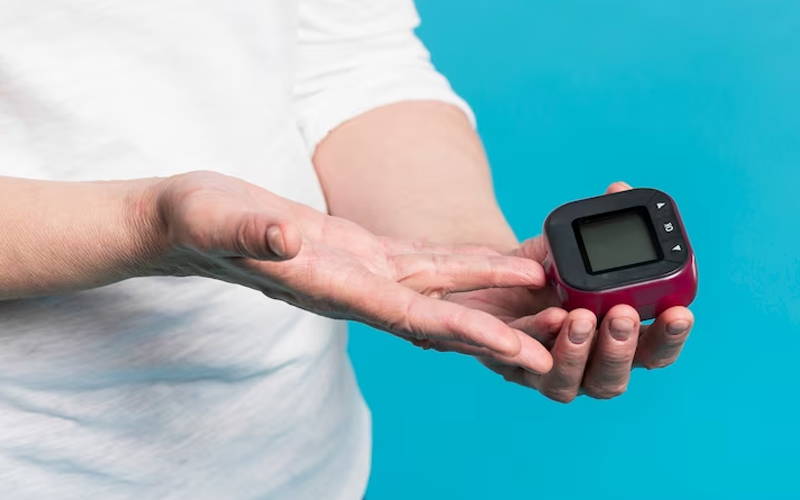The human body, a majestic marvel of nature, operates with an intricate complexity that can sometimes become a labyrinth. Among the many puzzles, the connection between type 1 diabetes and heart-related implications is particularly nuanced. To comprehend these layers fully, we must delve deep into the labyrinth, unraveling the mystery of type 1 diabetes heart attack symptoms. As we embark on this enlightening journey, the maze might appear daunting at first, but armed with the right knowledge, we'll discover that every puzzle piece fits perfectly.
How does diabetes affect the heart?

Type 1 Diabetes Heart Attack Symptoms
The Sinister Impact of Type 1 Diabetes on the Heart
What Are the Symptoms of Diabetic Heart Disease?

Recognizing the Invisible Warning Signs
Can diabetes cause a heart attack?

The Not-So-Sweet Truth about Diabetes and Heart Attacks
The relationship between diabetes and heart disease











